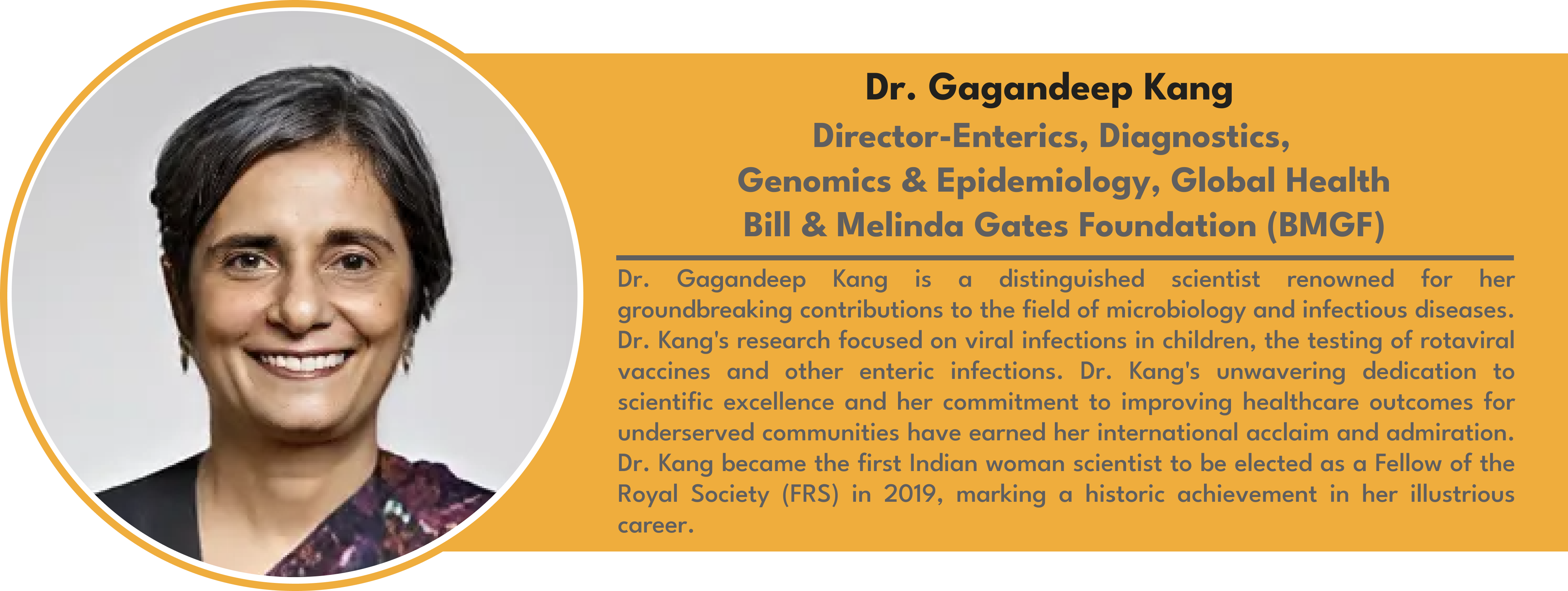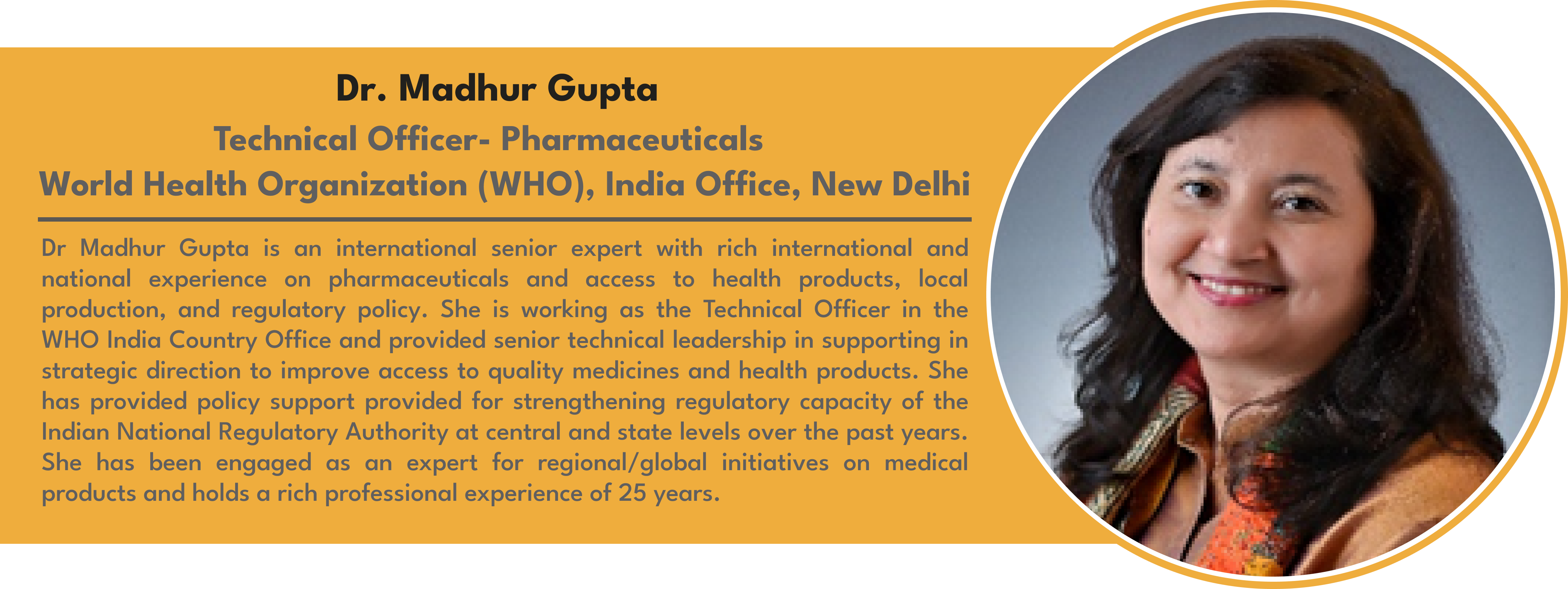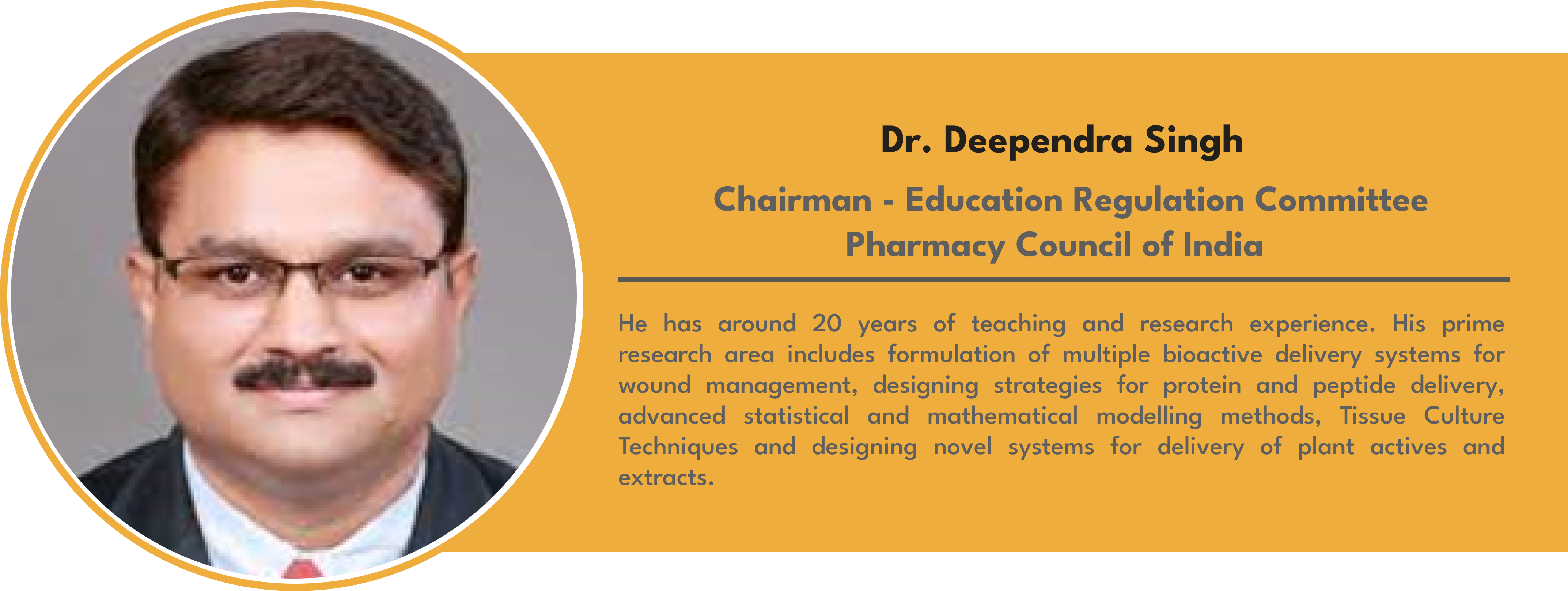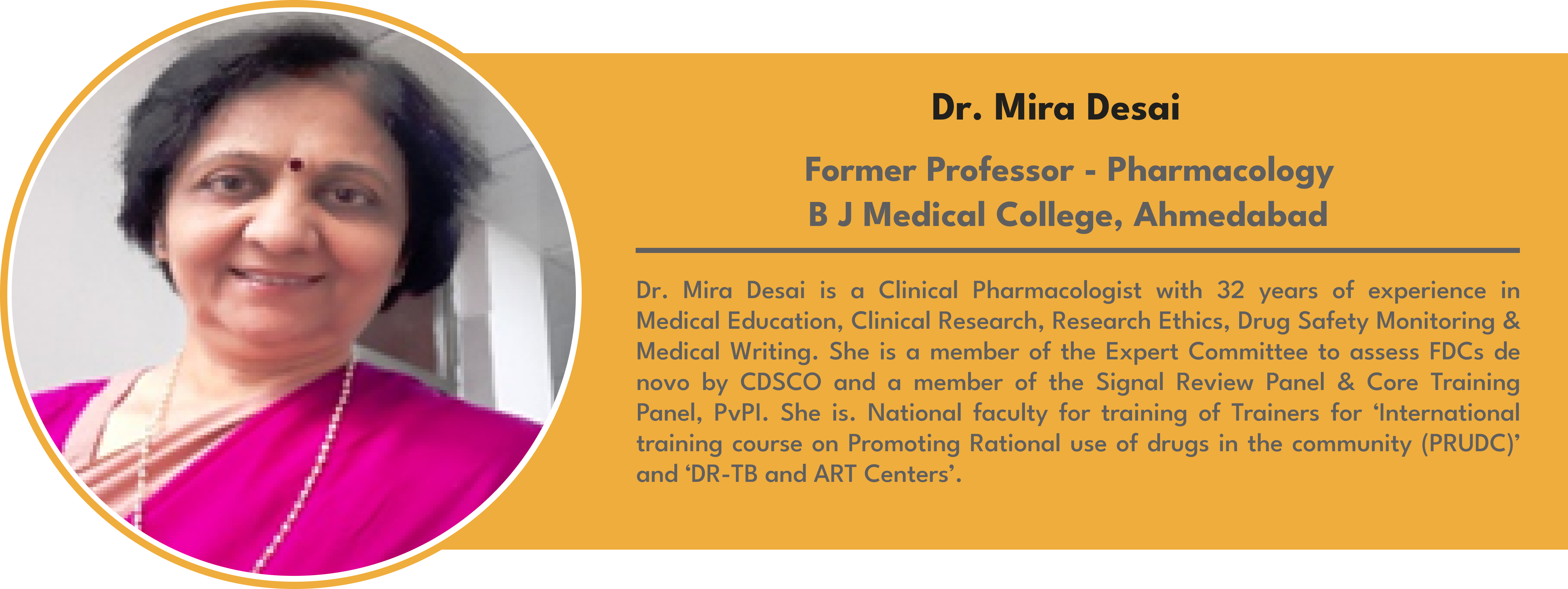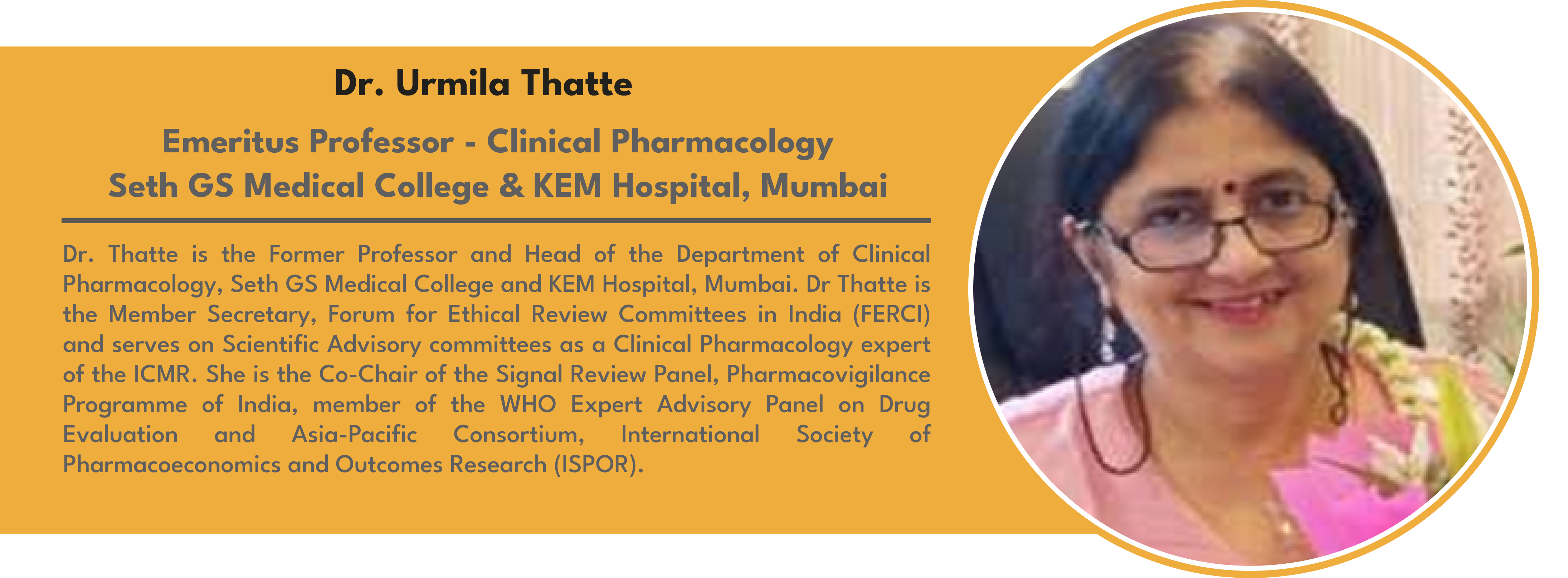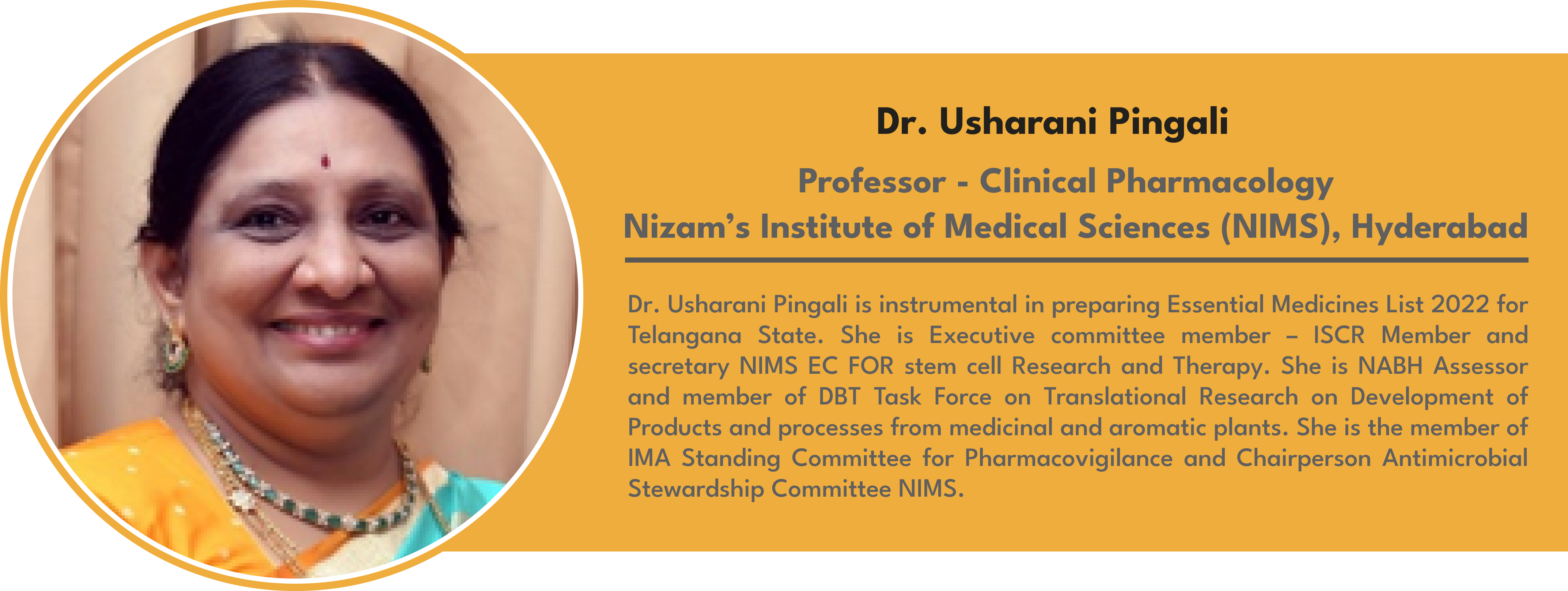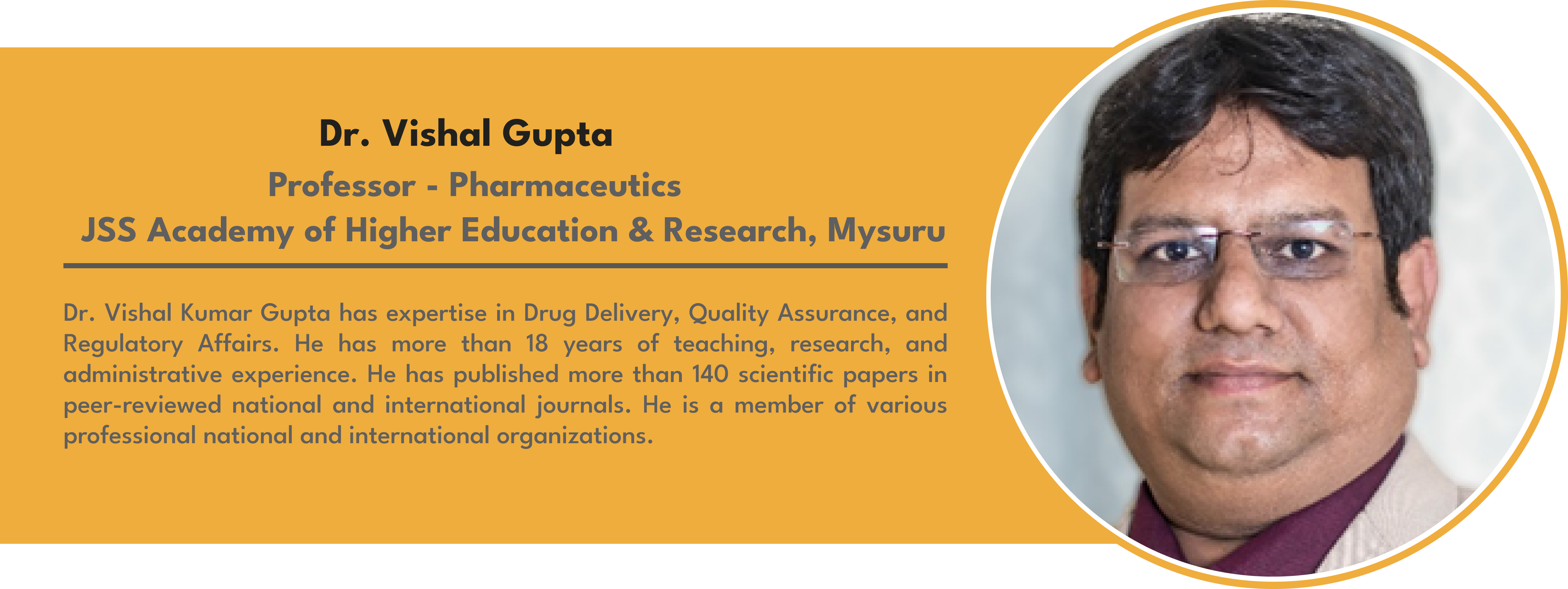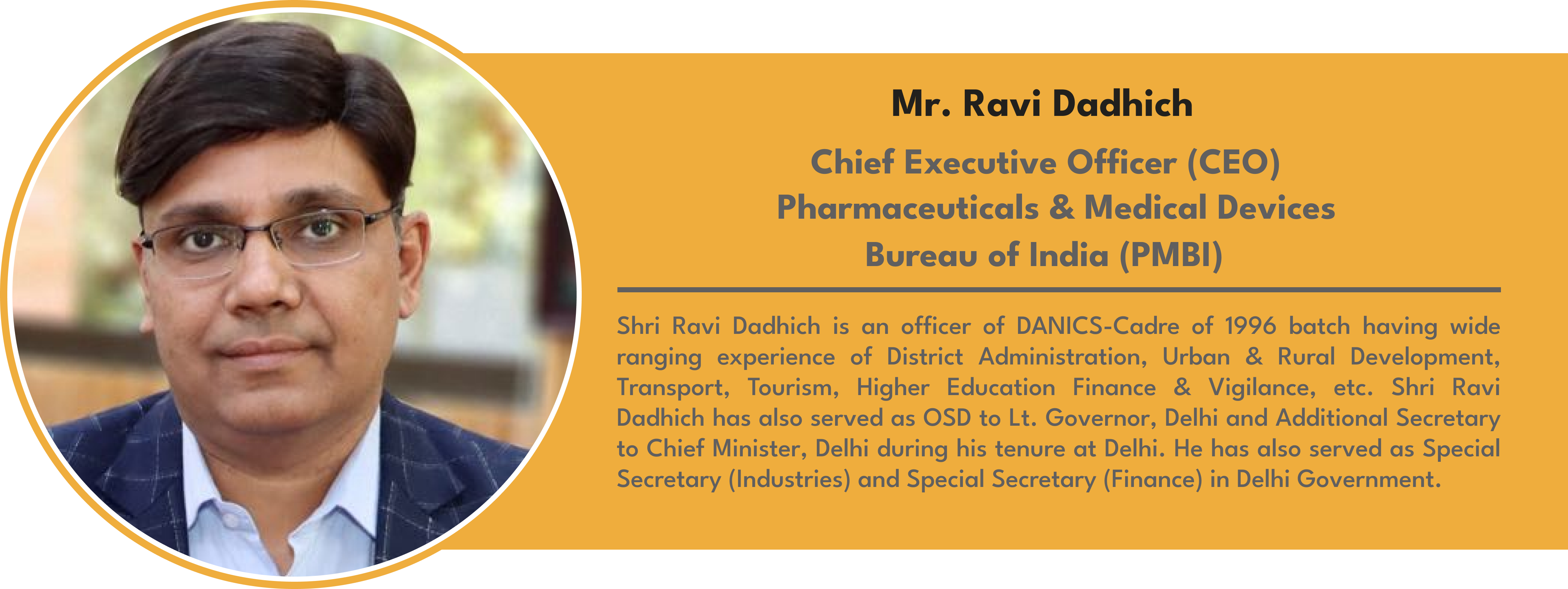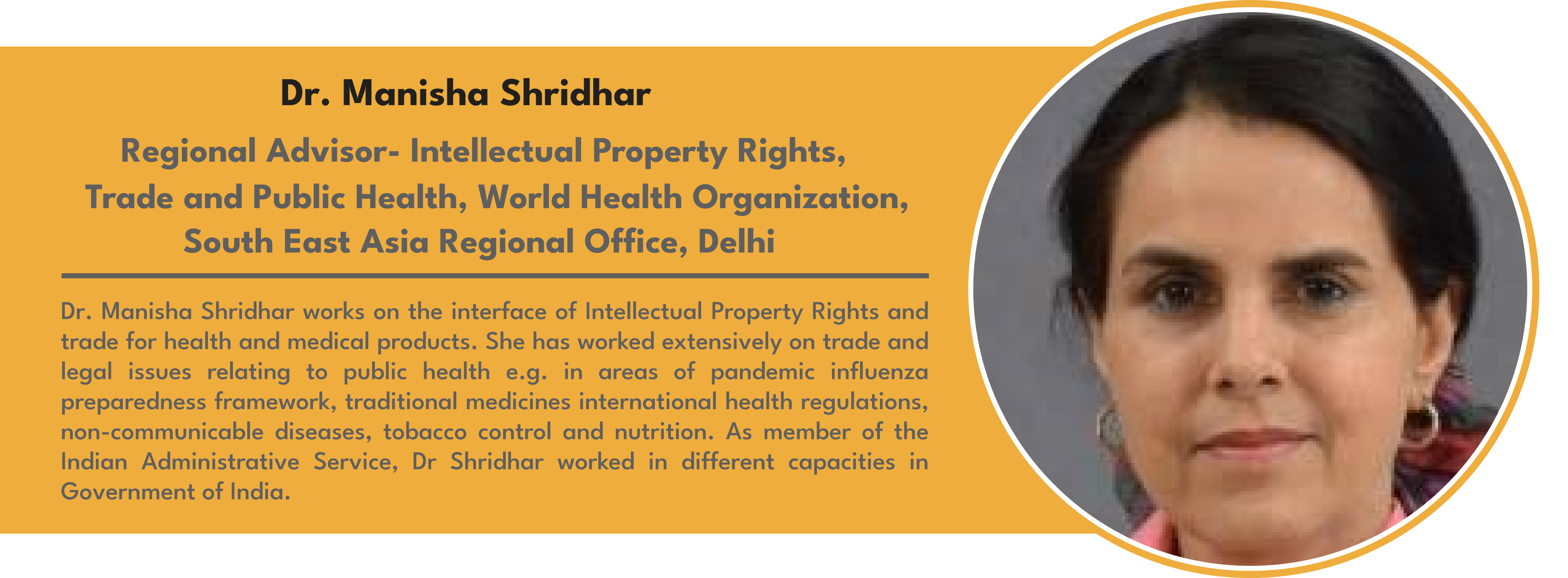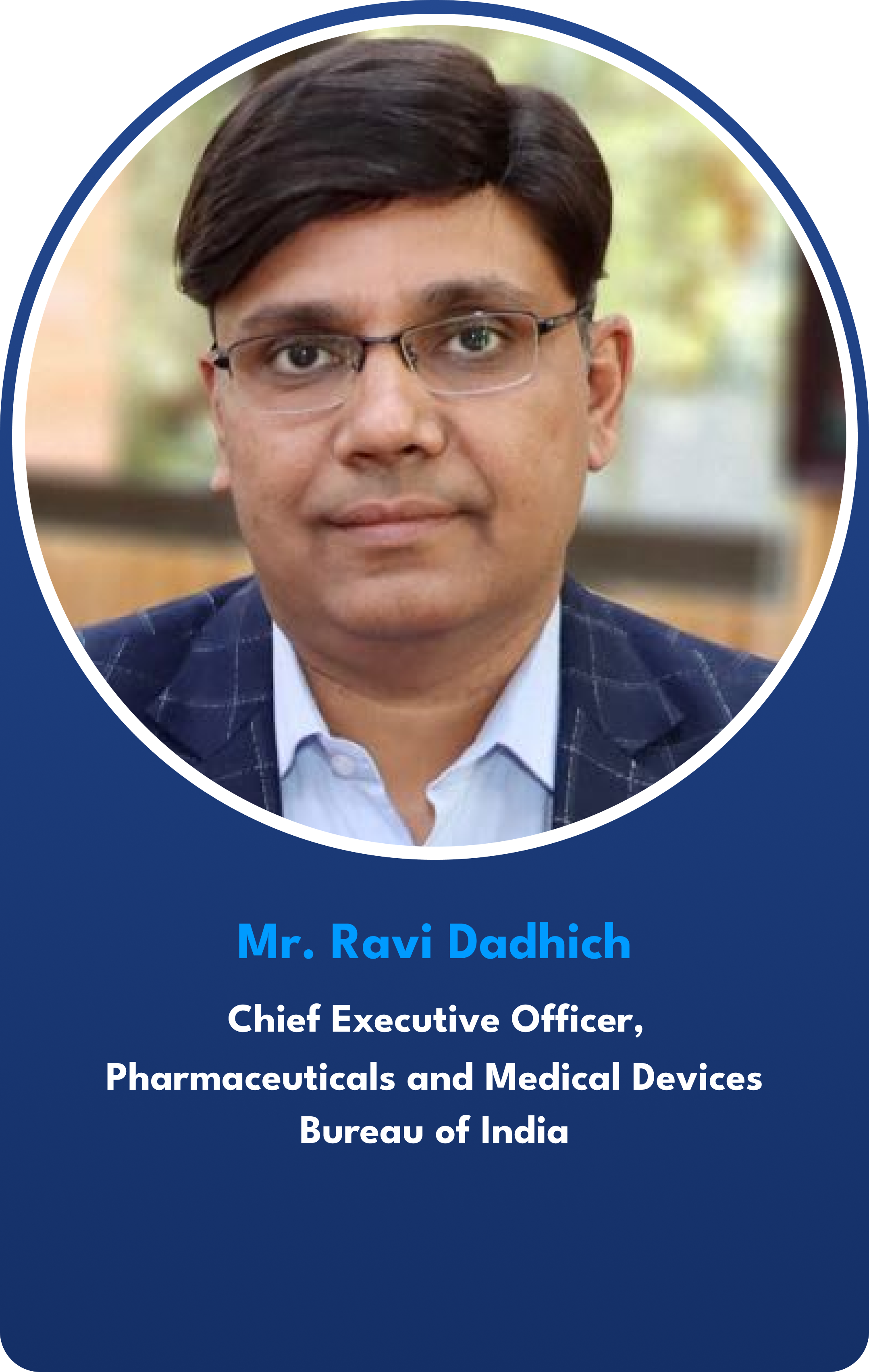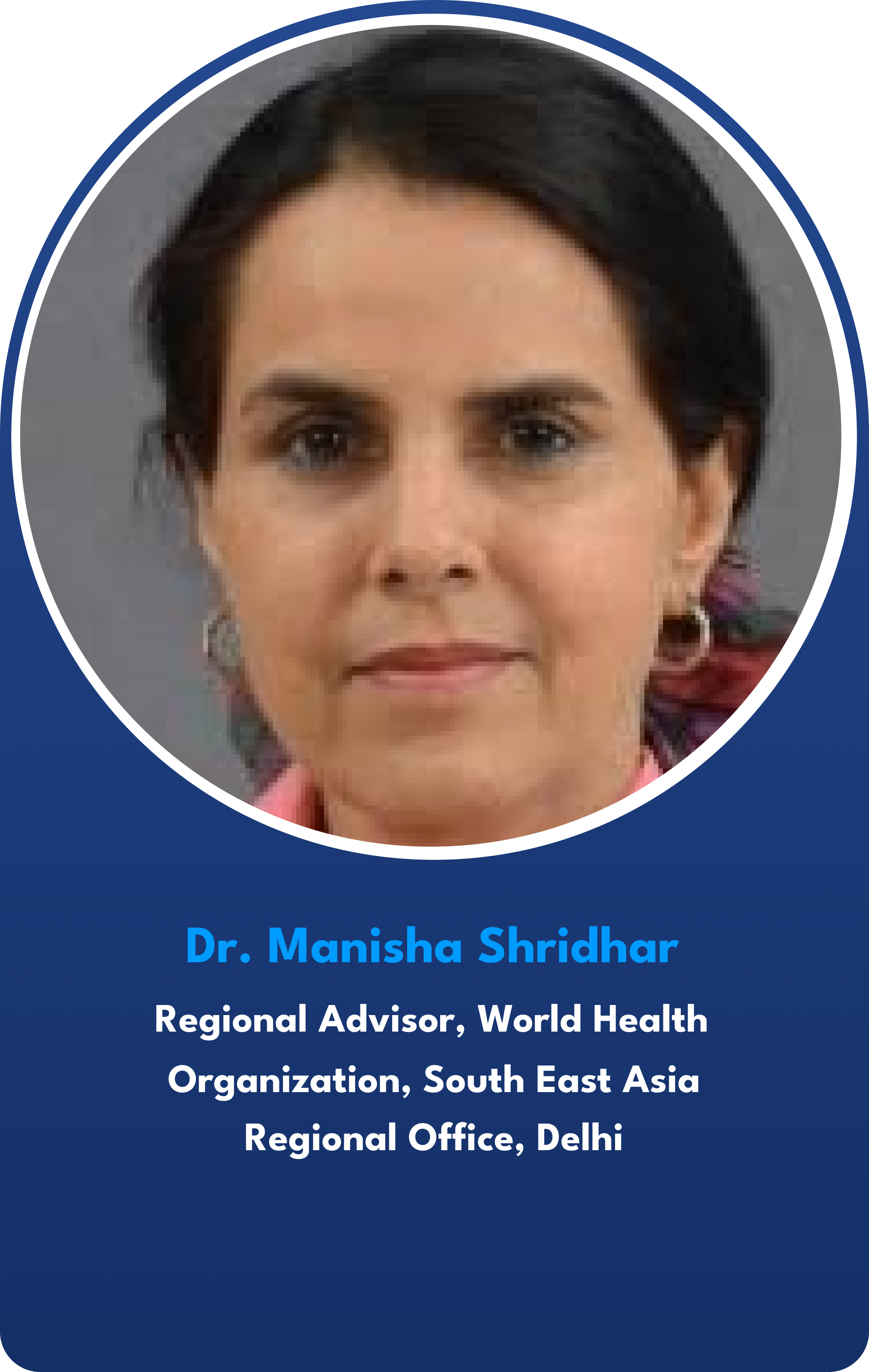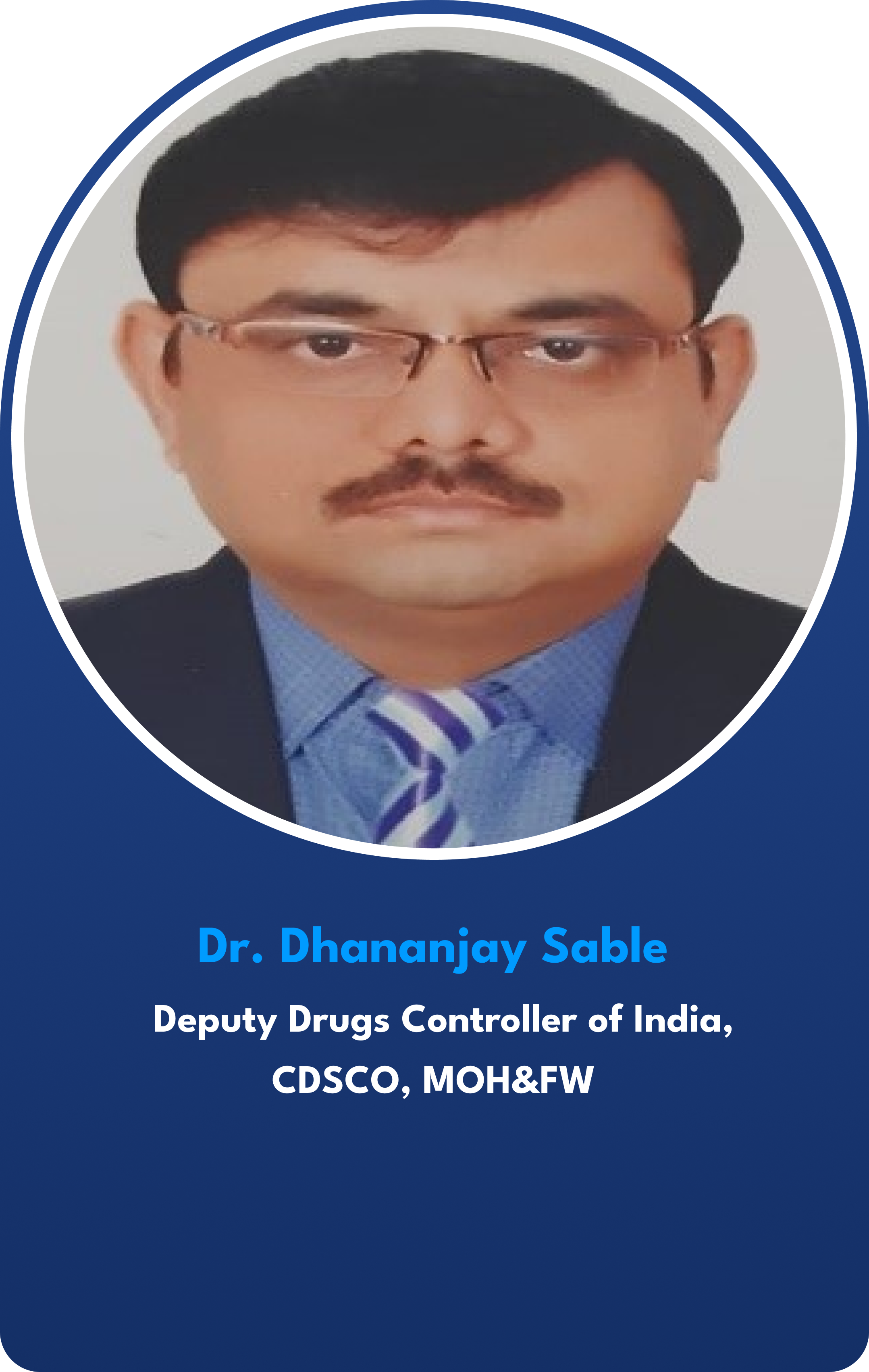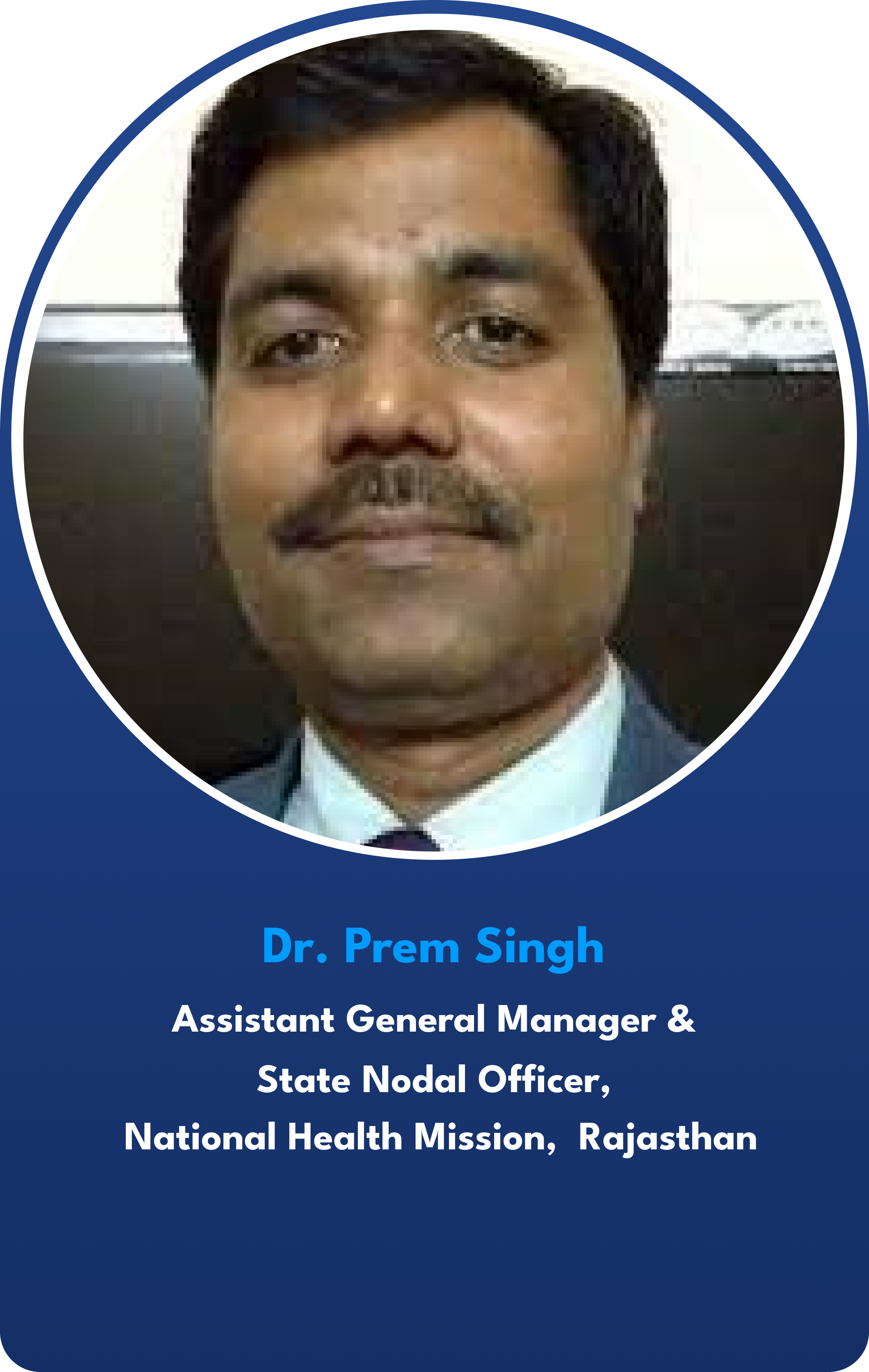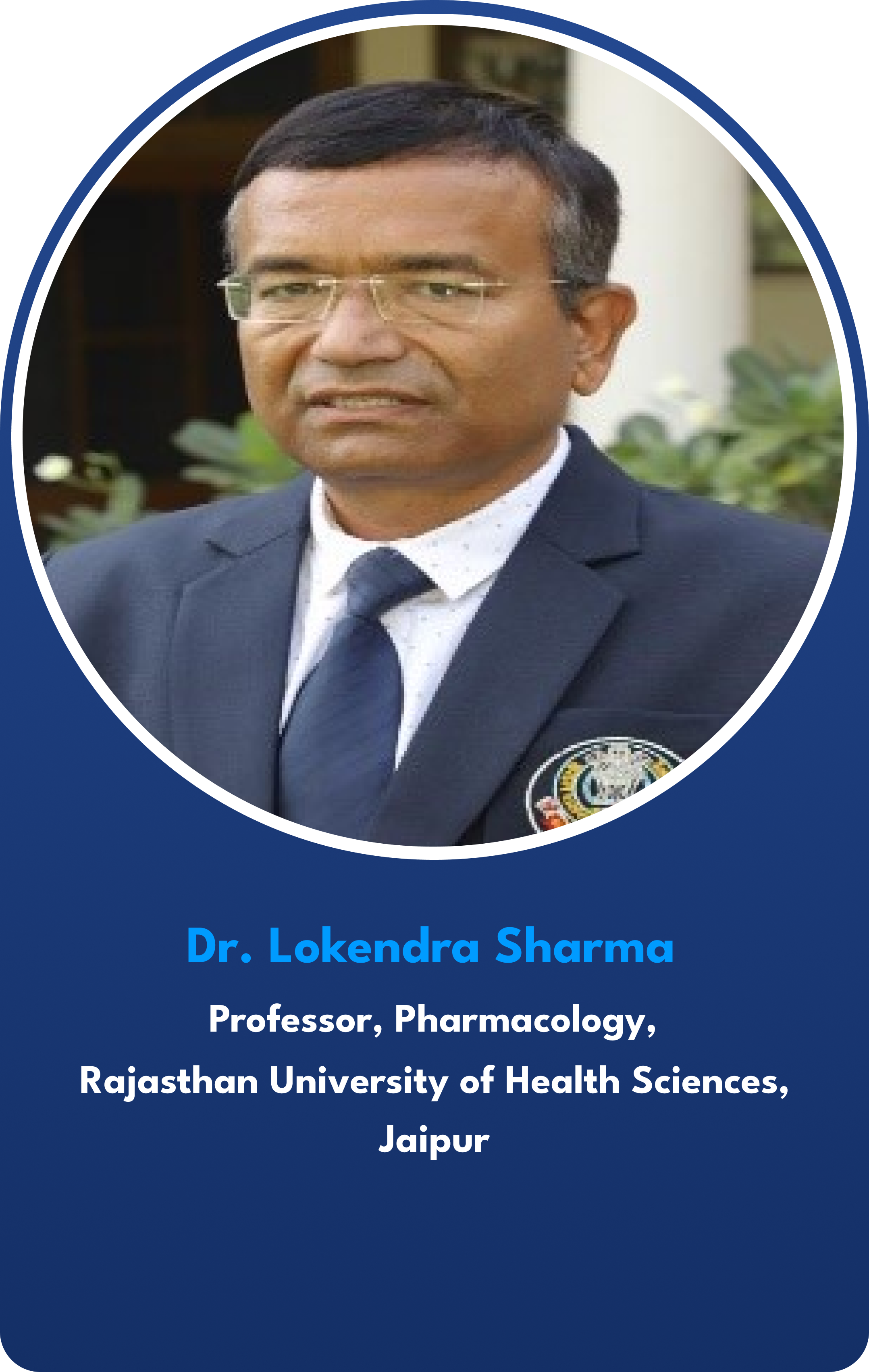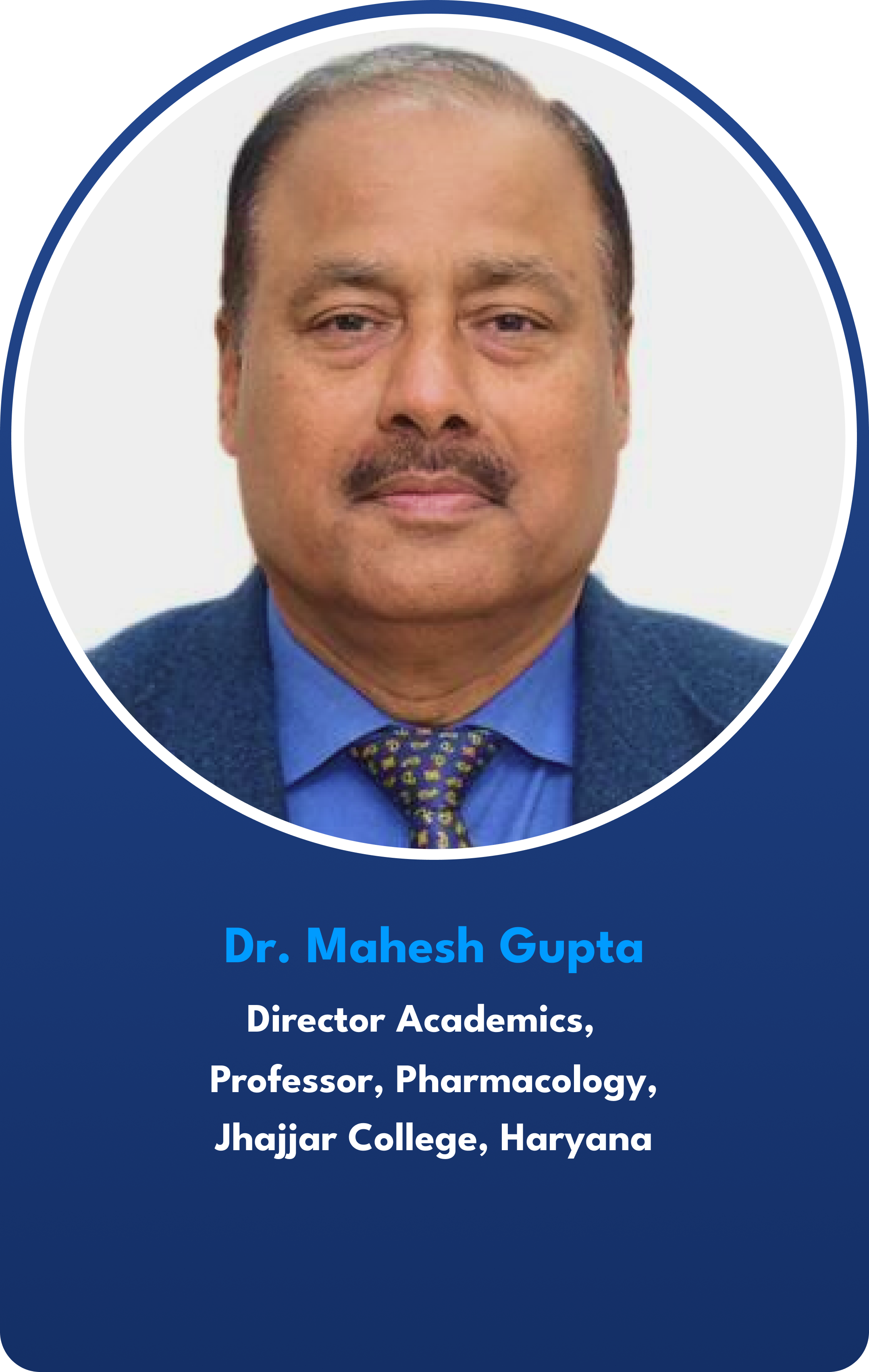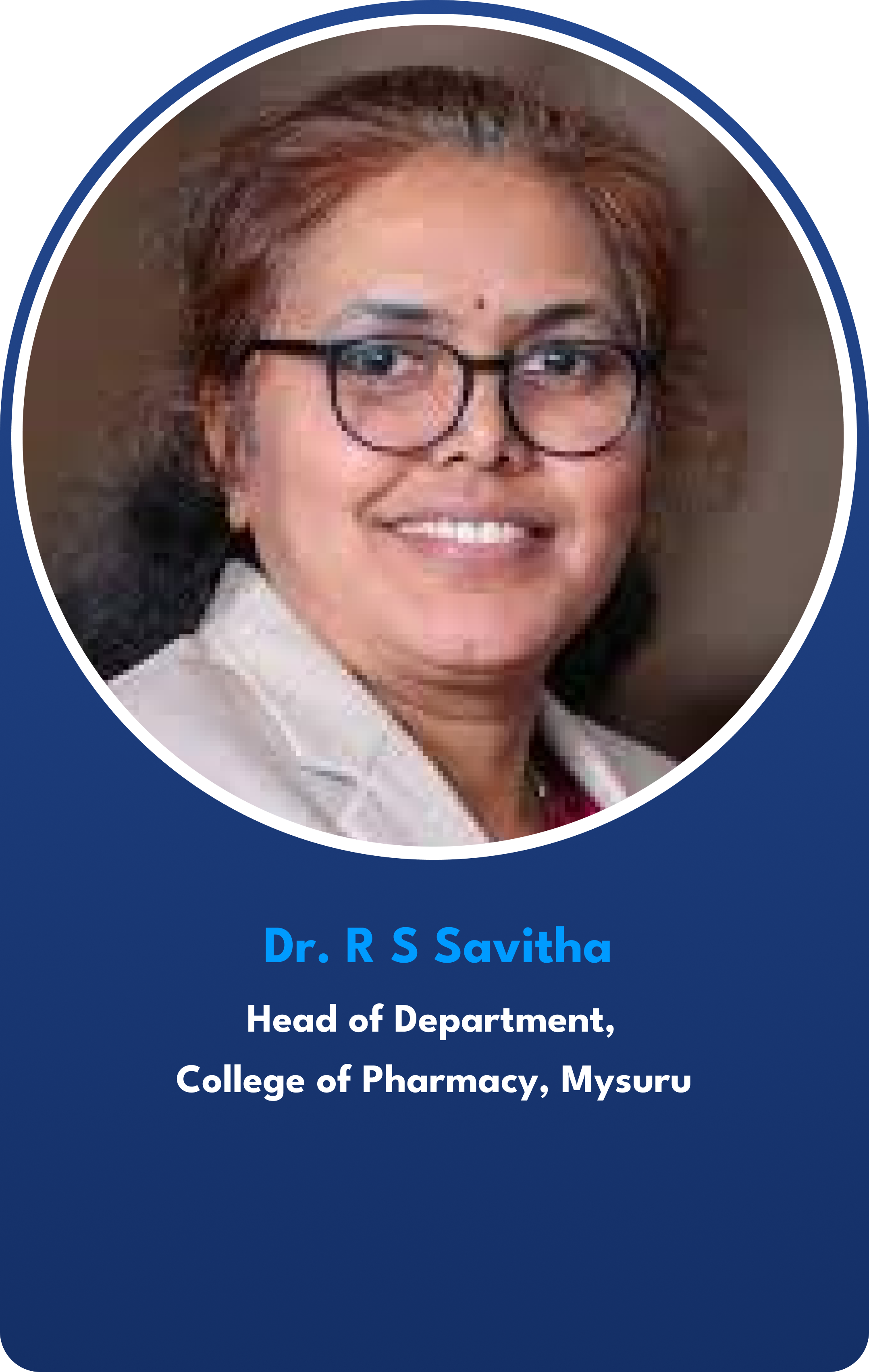The Government of India, through the National Health Policy (2017), emphasizes the importance of rational use of medicines, including pharmacovigilance, in healthcare settings. Rational use of medicines means that “patients receive medications appropriate to their clinical needs, in doses that meet their requirements, for an adequate period, and at the lowest cost to them and their community” (WHO 1985). It is essential to undertake strategies to address the irrational use of medicines, which can be characterized as educational, managerial, economic, or regulatory. Education, with its various approaches, has an important role to play in promoting the rational use of medicines.
Pharmacists with well-organized practice can go a long way toward ensuring rational use of medicines and ultimately contributing to providing quality health care for patients. In the past, pharmacists were responsible for dispensing medications only. However, gradually, the role of pharmacists is expanding, especially with the emergence of new generation pharmacists, like clinical pharmacists possessing a Doctor of Pharmacy (Pharm.D.) or M.Pharm. with a specialization in Pharmacy Practice, who play a vital role in the direct care of patients.
Understanding the role of pharmacists in the promotion of rational use of medicines across the healthcare system, the World Health Organization’s (WHO) India Office, along with the Translational Health Science and Technology Institute (THSTI), in collaboration with the Pharmacy Council of India (PCI), has developed an online (self-paced) course on ‘Rational use of medicines’ for pharmacists.

